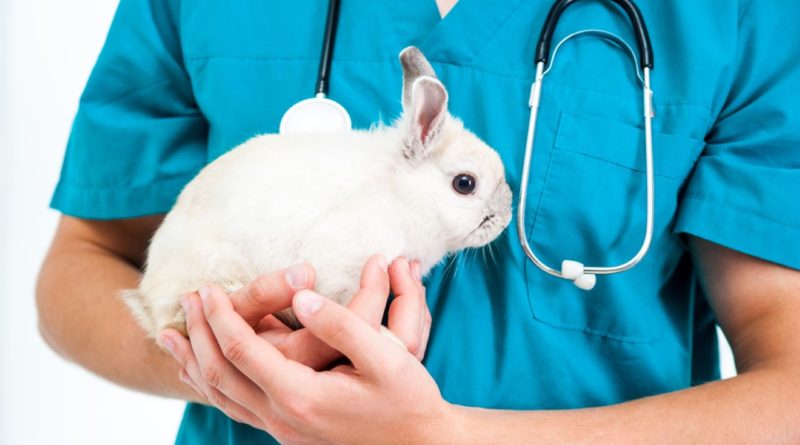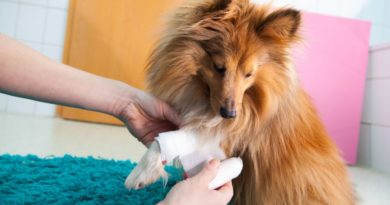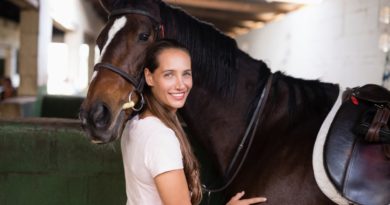About Animal Science Courses
Considering a Course in Animal Science?
If you want to learn more about animal science, it is an excellent idea to do one of the many animal science courses currently available. Do you love animals? Are you a bit of a science enthusiast? Prefer spending time with animals over people? A career working with animals may be the right choice for you. Doing an animal science course will provide you with all the necessary skills and knowledge that you need to work within the animal industry. The good news is there are lots of animal science courses currently available.
What Can You Expect to Learn in an Animal Science Course?
There are many different kinds of animal science courses out there and it is important to have an idea before you start about what you are going to learn. Animal science courses involve a lot of science, particularly animal biology and how animal’s function. You can expect to learn the principles of animal science, animal health, current issues for animal sciences and animal welfare and diseases. Also, animal husbandry, animal anatomy and physiology, animal care and animal nutrition. Some courses also cover introduction to business practice for people looking to start up their own business and legislation in the animal industry. Courses in animal science may cover more or less than what is written here. However, these modules are the most popular among the courses so expect to learn about these topics.
Word of Caution – Animal Science Is No Walk in the Park
Working in the animal industry is no walk in the park. Studying this course requires hard work and dedication. As with every other course, if you do not put in the effort, you will not succeed. A course in animal science is, as the name suggests packed with science. You will be learning a lot about animal health, diseases, their anatomy and much more so you need to work hard to retain all of this knowledge for when you are doing your examinations and when you are working in the field.
It is essential to know this before you enter the course because there is nothing worse than spending your hard-earned money and time on a course when you thought it was something else and as a result, not pursuing it. To avoid this happening, you should thoroughly research your chosen course. If you need more guidance, you could contact the course provider and speak with them or get in touch with someone working in the field to discover what a day in the life is like. Don’t be intimidated either, these people will probably be flattered that you value their advice and guidance.
Career Opportunities from an Animal Science Course
Once you have completed a course in animal science, depending on the qualification, there are many career opportunities available to you. You can become an animal nutritionist, an animal physiotherapist, an animal technician and a veterinary nurse. Other options upon completion of this course include: becoming an academic researcher, a nature conservation officer, a zookeeper and a zoologist. There are many more opportunities, however, these are the main career opportunities that come from completing an animal science course.
Career Progression
If you decided to just do a QQI PLC animal science course to see whether the animal industry was for you and enjoyed it, you should really consider completing a third-level degree in the animal science field. Third-level degrees can be completed in a part-time or full-time capacity. Some colleges also offer evening classes or the option to complete the course online. It is very worthwhile to do this as it will open even more career opportunities and help you in securing more jobs. Also, it gives you an edge against the competition as with every industry there is competition when applying to jobs.
If you are serious about working within the animal industry and studying animal science, have a look at courses near you in the Nightcourses.co.uk national course finder.




